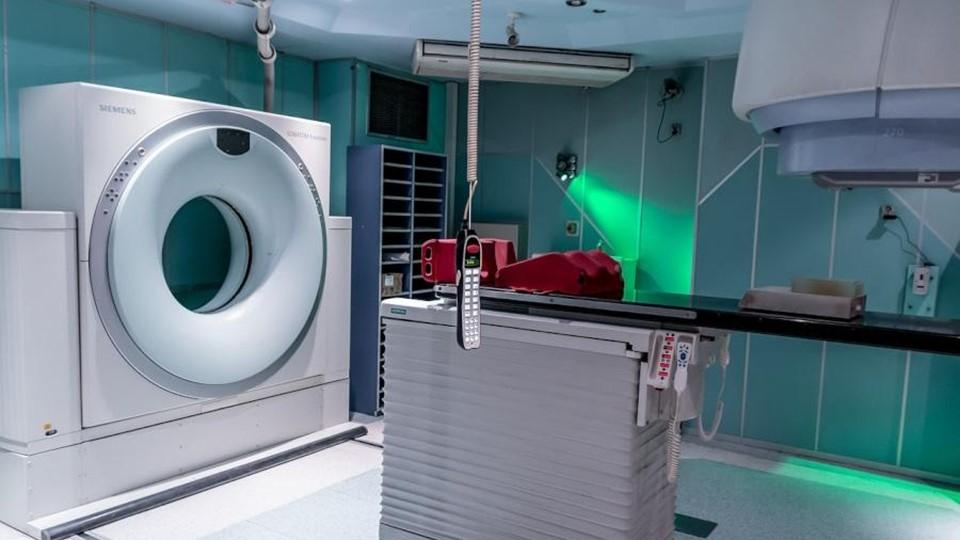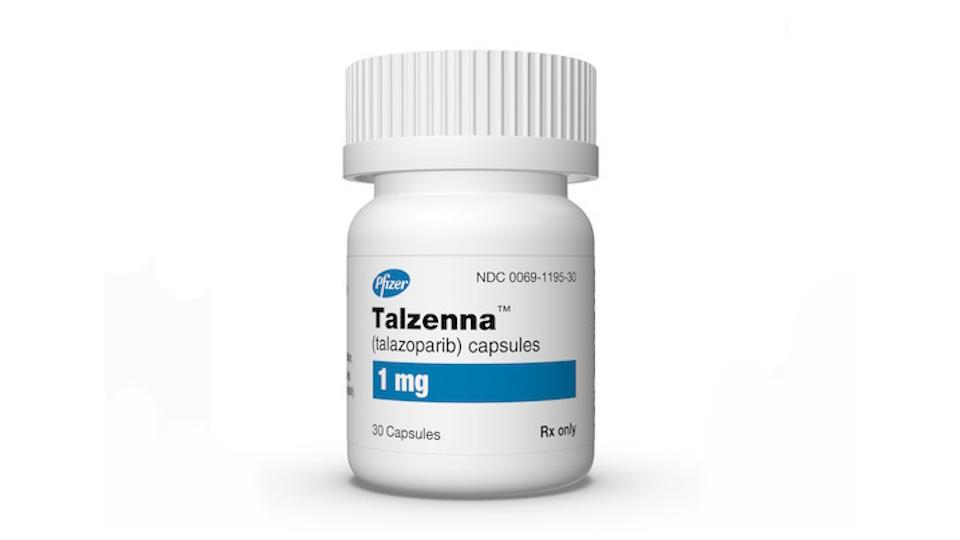UK study prompts call for MRI screening for prostate cancer

A UK study has suggested that a 10-minute MRI scan is more effective at detecting prostate cancer than testing for blood levels of the biomarker PSA, picking up serious cases that would not be spotted using PSA alone.
The findings build the case for all men aged 50 and over to be offered an MRI in a national screening programme, and possibly over 45 in Black men, who are twice as likely to develop prostate cancer as men from other ethnicities.
There is currently no UK-wide screening programme for prostate cancer because the PSA test is not reliable, although men aged over 50 can request one if desired.
In some cases, PSA levels will be low even when prostate cancer is present, while at other times when levels are higher there may be side effects from unnecessary biopsies – which can lead to complications – or overtreatment of lower-risk cancers.
The mortality rate from the disease in the UK is, however, twice as high as in countries like the US or Spain, which clinicians attribute to levels of testing being much lower.
The REIMAGINE study published in the journal BMJ Oncology today looked at the prevalence of MRI lesions in 303 men aged 50 to 75 who were invited for a prostate health check and were offered MRI as an initial screening test. Overall, 48 had an MRI scan that indicated the cancer was present.
The analysis revealed that out of 29 who were found to have serious prostate cancer, 15 had a low PSA score, which would mean they were not referred for further clinical investigation. Three men were diagnosed with low-risk cancer that did not require treatment.
Lead author Professor Caroline Moore, head of urology at University College London, said that a pilot study should be carried out within the UK to look at the potential for a national screening programme based on MRI.
"Our results give an early indication that MRI could offer a more reliable method of detecting potentially serious cancers early, with the added benefit that less than 1% of participants were 'over-diagnosed' with low-risk disease," she said.
There are other considerations, including that Black men responded to the screening invitation at one-fifth the rate of white men if a national screening programme is to be considered.
A second, larger study called LIMIT is already being conducted that will try to recruit more Black men, including through mobile 'scan in a van' initiatives designed to visit communities less likely to come forwards for testing. However, the authors note that another national study would be needed before NHS screening policy could be changed.
Professor Sir Mike Richards, chair of the UK National Screening Committee, said that the organisation "notes with interest" the results of REIMAGINE, adding that it will soon commission a review of six prostate cancer screening proposals, including targeted and risk-stratified screening proposals for screening groups of men at higher risk.
"In order to make any positive recommendation, the UK NSC would need to see high-quality peer-reviewed research that demonstrates that a screening strategy would improve prostate cancer outcomes, while minimising serious harms such as overdiagnosis, associated overtreatment, and side effects," added Prof Sir Richards.
Image by Michal Jarmoluk from Pixabay













